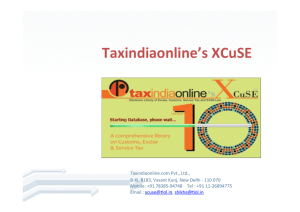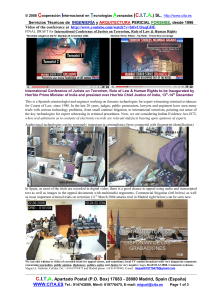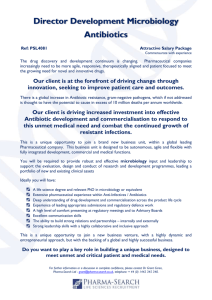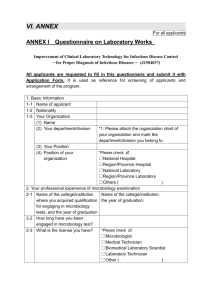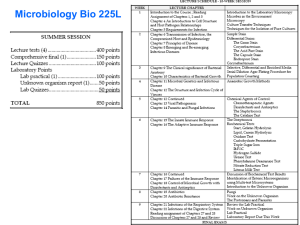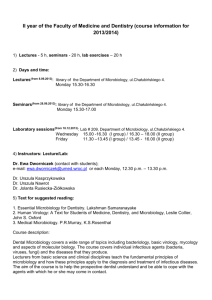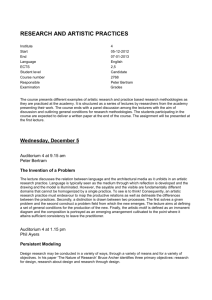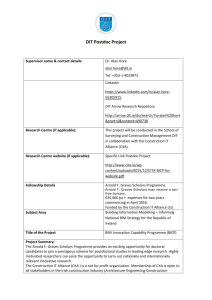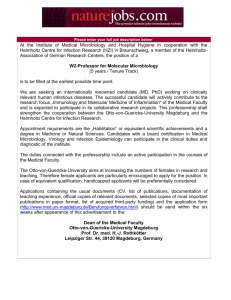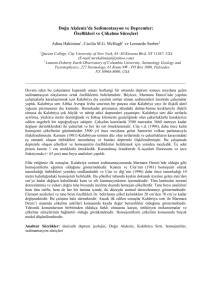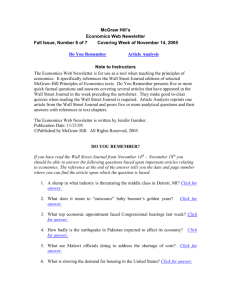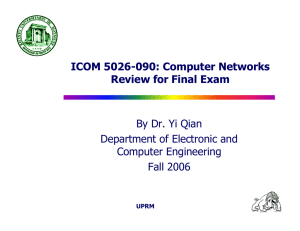Target Audience: Students of the University of Puerto Rico
advertisement
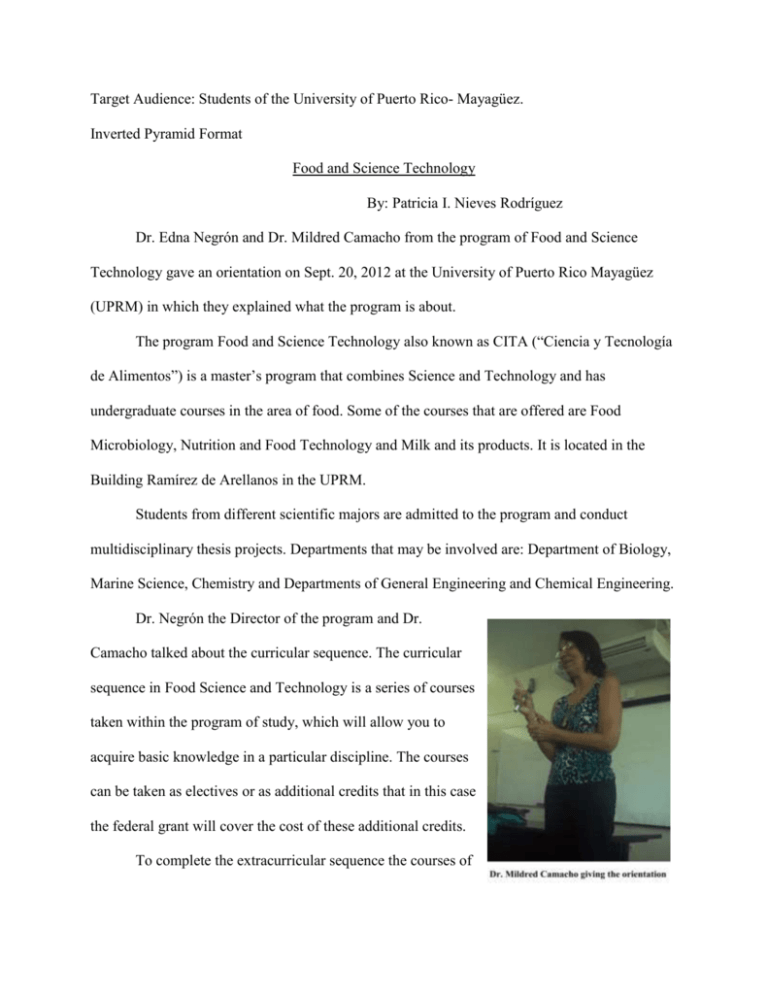
Target Audience: Students of the University of Puerto Rico- Mayagüez. Inverted Pyramid Format Food and Science Technology By: Patricia I. Nieves Rodríguez Dr. Edna Negrón and Dr. Mildred Camacho from the program of Food and Science Technology gave an orientation on Sept. 20, 2012 at the University of Puerto Rico Mayagüez (UPRM) in which they explained what the program is about. The program Food and Science Technology also known as CITA (“Ciencia y Tecnología de Alimentos”) is a master’s program that combines Science and Technology and has undergraduate courses in the area of food. Some of the courses that are offered are Food Microbiology, Nutrition and Food Technology and Milk and its products. It is located in the Building Ramírez de Arellanos in the UPRM. Students from different scientific majors are admitted to the program and conduct multidisciplinary thesis projects. Departments that may be involved are: Department of Biology, Marine Science, Chemistry and Departments of General Engineering and Chemical Engineering. Dr. Negrón the Director of the program and Dr. Camacho talked about the curricular sequence. The curricular sequence in Food Science and Technology is a series of courses taken within the program of study, which will allow you to acquire basic knowledge in a particular discipline. The courses can be taken as electives or as additional credits that in this case the federal grant will cover the cost of these additional credits. To complete the extracurricular sequence the courses of Food Chemistry, Food Microbiology, Food Processing and an elective course that is in the list of the available courses are necessary. Sequence students can get involved in research. When students complete the request to be part of the sequence you must take a pre-test and post-test and have more than 2.00 general GPA. At the end of the second semester CITA offers four workshops of three days for young people interested in science and food technology. The workshops are Food Fermentation and Biotechnology, Food Chemistry, Food Microbiology and Sensory Analysis of Food. Completing this sequence is very advantageous because it appears in the credit transcript and offers more jobs’ opportunities. Also some of the courses can be validate if you choose to study a Master’s degree. Gleniellys Caminero, microbiology student and orientation participant, was very convinced by the conference, which increased her interest in the CITA’s program. Also she enlisted in the workshops that will be offered in summer. Caminero adores food technology and loves to find videos about these processes. She wants to be part of the CITA’s Master’s Program and is currently taken the necessary courses to start her extracurricular sequence. Dr. Negrón added that there are many careers in CITA. Educators, marketing, entrepreneurs, biologists, engineers are some of the professions in the Food Science and Technology Industry. She also mentioned that they have direct contact with different agencies. The students of the UPRM are recognized and agencies come looking for them, because they do an excellent job. Some of the agencies or industries that employ food technologists are Goya, Kraft, Borden and Godiva. In the conference they said that in the U.S. the average salary for food scientists in 2009 was 87,700.
